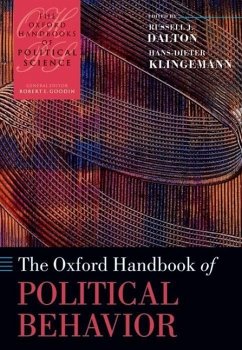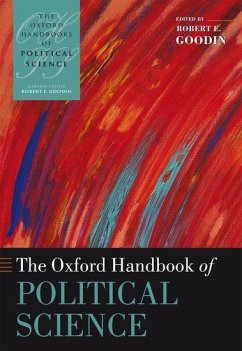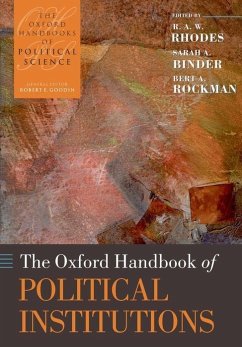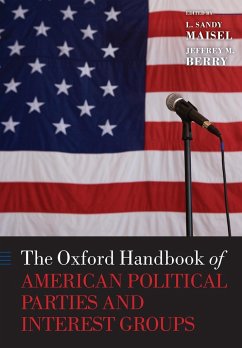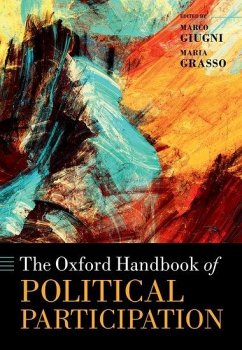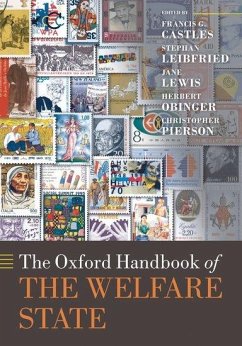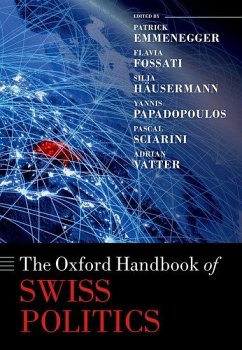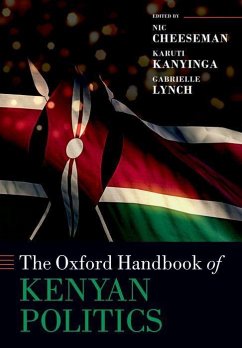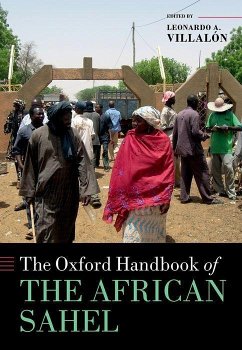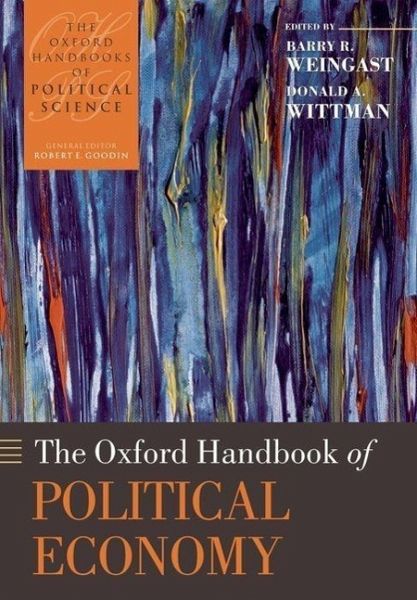
The Oxford Handbook of Political Economy
Versandkostenfrei!
Versandfertig in 2-4 Wochen
56,99 €
inkl. MwSt.

PAYBACK Punkte
28 °P sammeln!
Oxford Handbooks of Political Science are the essential guide to the state of political science today. With engaging contributions from 71 major international scholars, the Oxford Handbook of Political Economy provides the key point of reference for anyone working in political economy and beyond.



